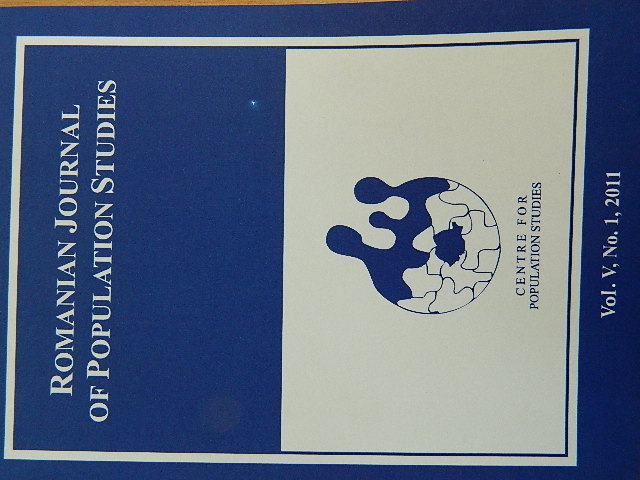Women's Work: Female Labour Practices and their Normative Context among Ethnic Hungarians from Transylvania
Women's Work: Female Labour Practices and their Normative Context among Ethnic Hungarians from Transylvania
Author(s): Réka GeambaşuSubject(s): Social Sciences
Published by: Centrul de Studiere a Populaţiei
Keywords: gender; work; labour market; inequalities; values; attitudes towards gender roles
Summary/Abstract: The paper analyses work-related gender inequalities among the ethnic Hungarian population of Transylvania, and in parallel focuses on the social and cultural norms and values regarding the nature of “female” and “male” work practices. Most of the sociological and gender studies literature dealing with women’s transformed status after the fall of communism describes women’s opportunities in rather gloomy terms, emphasising not only unemployment and widening wage gaps as especially threatening women, but the upsurge of traditional values, too. Traditional and patriarchal value orientations play a major role in redefining role expectations towards women, emphasising motherhood and household duties at the expense of paid work careers. The basic research question the paper is built around concerns the state-of-the-art of paid and unpaid work opportunities Hungarian women and men have in the Transylvanian labour market, as well as the understandings and meanings attached to work itself by both men and women. After the description of the relative labour market advantages and disadvantages of the two sexes, the analysis turns to those commonly shared values and norms that shape gendered social actors’ understandings of their own work and aspirations. Throughout the paper data of the 2010 survey “Kárpát Panel” are used, complemented, when necessary, with the results of a research conducted in 2006 within the first wave of the Gender and Generations Survey (called “The Turning Points in Our Lives”).
Journal: Romanian Journal of Population Studies
- Issue Year: 5/2011
- Issue No: 1
- Page Range: 53-82
- Page Count: 30
- Language: English
- Content File-PDF

